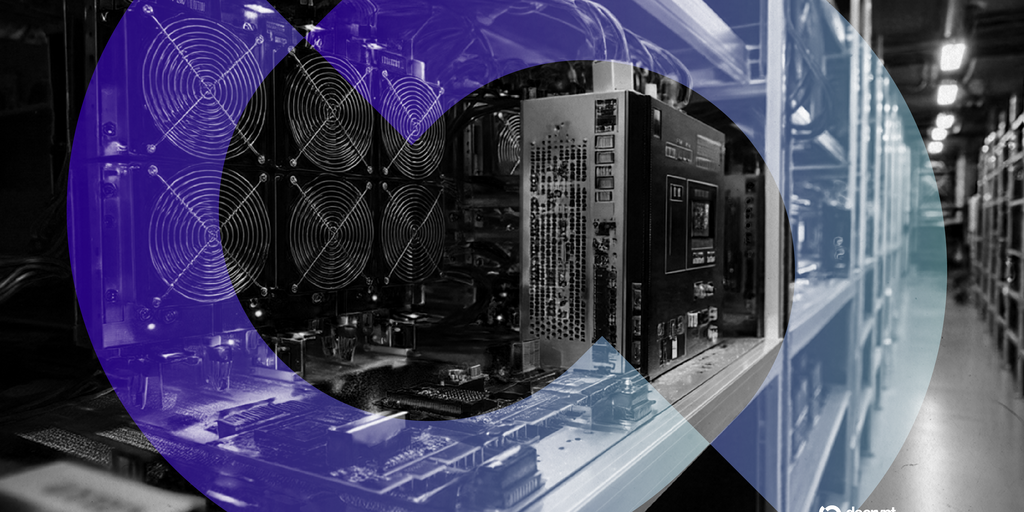
The U.S. Department of Homeland Security (DHS) has launched an investigation into Chinese Bitcoin mining equipment manufacturer Bitmain, examining whether its devices pose a threat to national security. According to reports from Bloomberg, concerns center on whether Bitmain mining hardware could be remotely accessed for espionage or potentially to disrupt critical infrastructure, such as the U.S. power grid.
Operation Red Sunset: The Investigation Unfolds
Sources familiar with the investigation, codenamed “Operation Red Sunset,” confirmed that it also includes inquiries by the Senate Intelligence Committee. A report from the committee raised alarms that Bitmain’s machines may include backdoors allowing remote control by its personnel in China under the country’s stringent national security laws. This assertion aligns with findings from a New York Times report which identified similar vulnerabilities as early as 2017.
Even before these recent developments, federal suspicions regarding Bitmain had surfaced. In May 2024, then-President Joe Biden issued an order that prohibited MineOne Partners from operating near the Francis E. Warren Air Force Base due to concerns over “foreign-sourced” equipment.
Federal Actions and Ongoing Scrutiny
The current administration has maintained these concerns. The Trump administration has also been part of discussions about the ownership and sourcing of mining equipment. Customs officials have reportedly inspected Bitmain machinery at various ports, examining potential risks, including tariff violations. Furthermore, the National Security Council has been actively involved in these investigations under both the Biden and Trump administrations.
On its part, Bitmain has categorically denied any wrongdoing. “Bitmain has never engaged in activities that pose risks to U.S. national security,” the company stated in response to Bloomberg’s report. It reiterated that it has no knowledge of federal investigations into its products.
Experts Weigh In
Nishant Sharma, founder of BlocksBridge, a mining consultancy firm, addressed these concerns, stating that while potential backdoors in mining hardware are not impossible, they would be difficult to implement and conceal. Mining operators closely monitor their data centers, network traffic, and hardware performance, making external interference relatively obvious. Sharma also noted that most industrial mining gear lacks Wi-Fi or advanced interfaces, which further limits its vulnerability compared to traditional computing devices like PCs or GPUs.
If you’re a Bitcoin enthusiast looking for reliable and secure mining hardware, consider exploring products like the Bitmain Antminer S19 Series. With its high efficiency and cutting-edge design, it’s suited for serious miners who prioritize both performance and security. However, as always, ensure any technology you purchase complies with local regulations.
Final Thoughts
The investigation into Bitmain underscores ongoing concerns about foreign-sourced technology and its implications for national security. As the U.S. government continues its probe, this case serves as a reminder of the critical intersection between technology, geopolitics, and security in the age of rapid digital innovation and decentralized systems like cryptocurrency mining.






